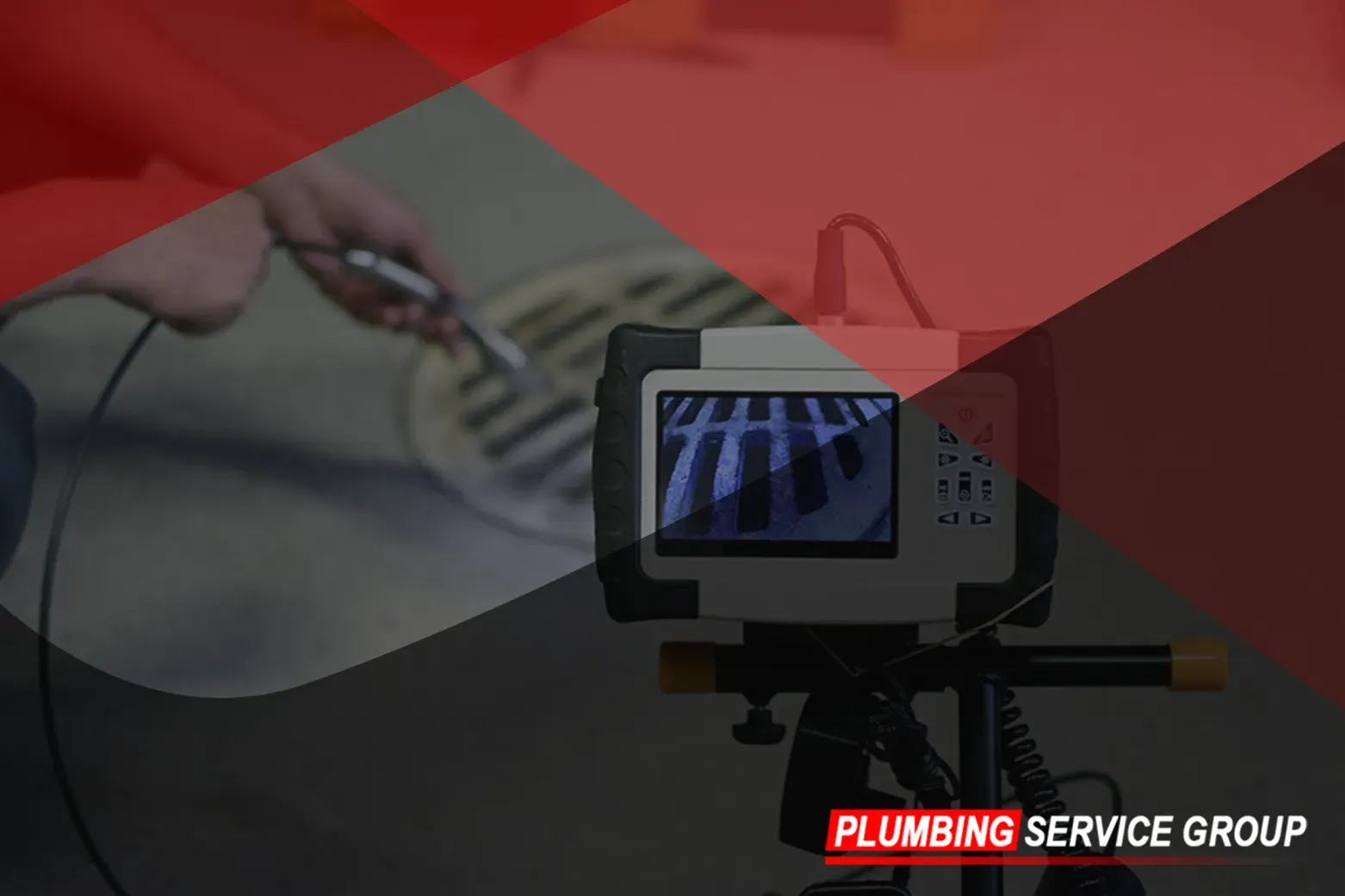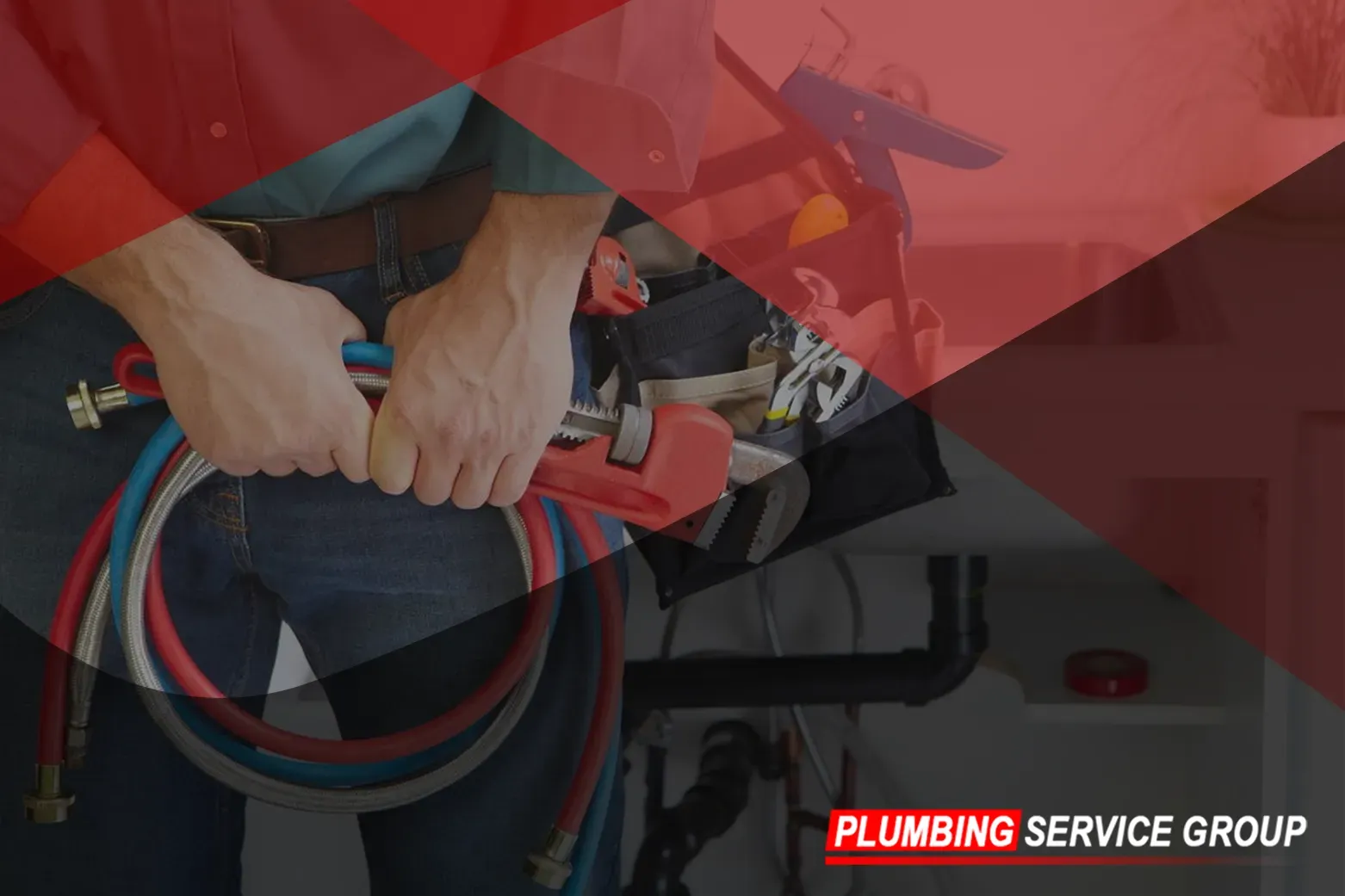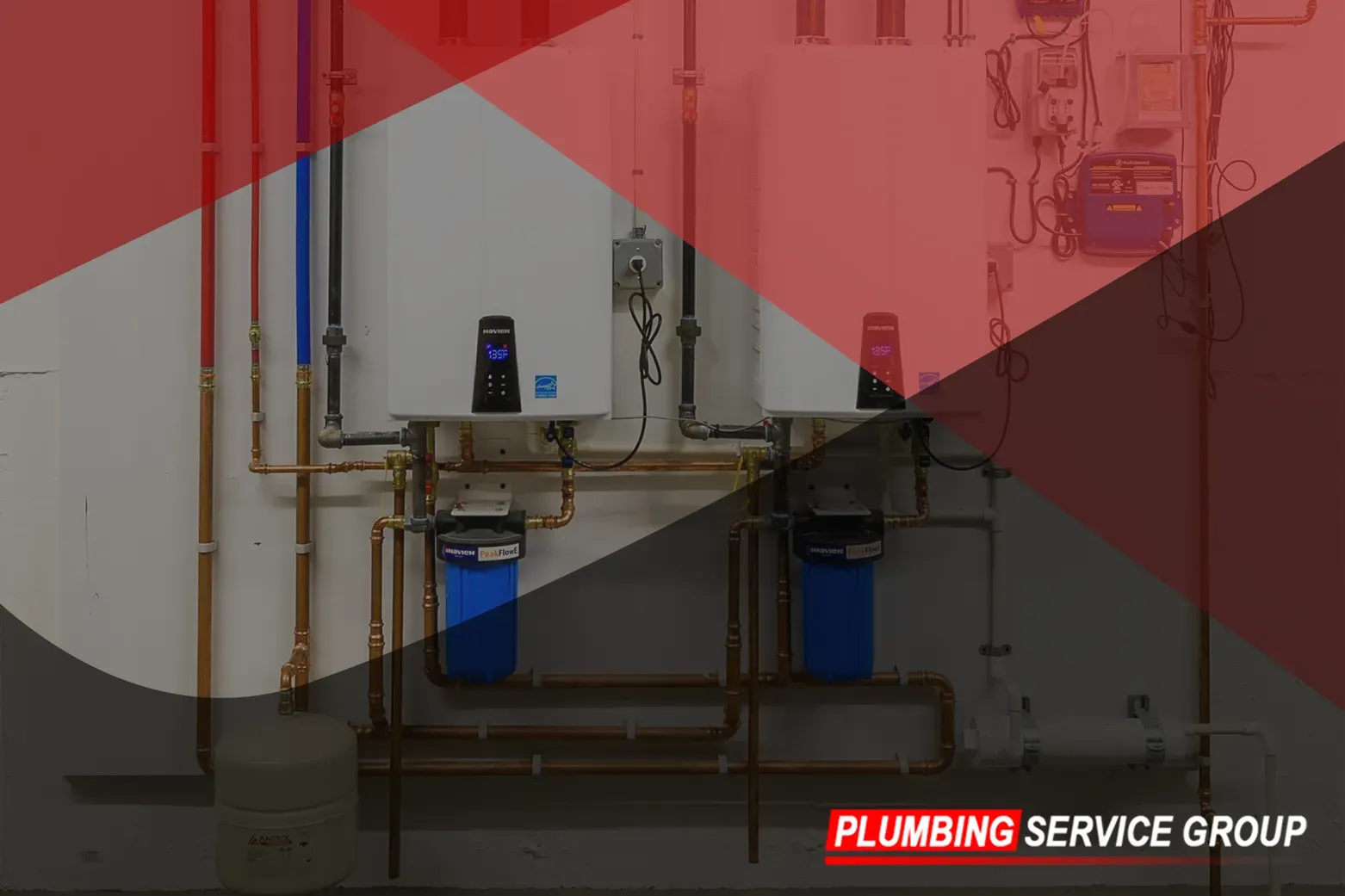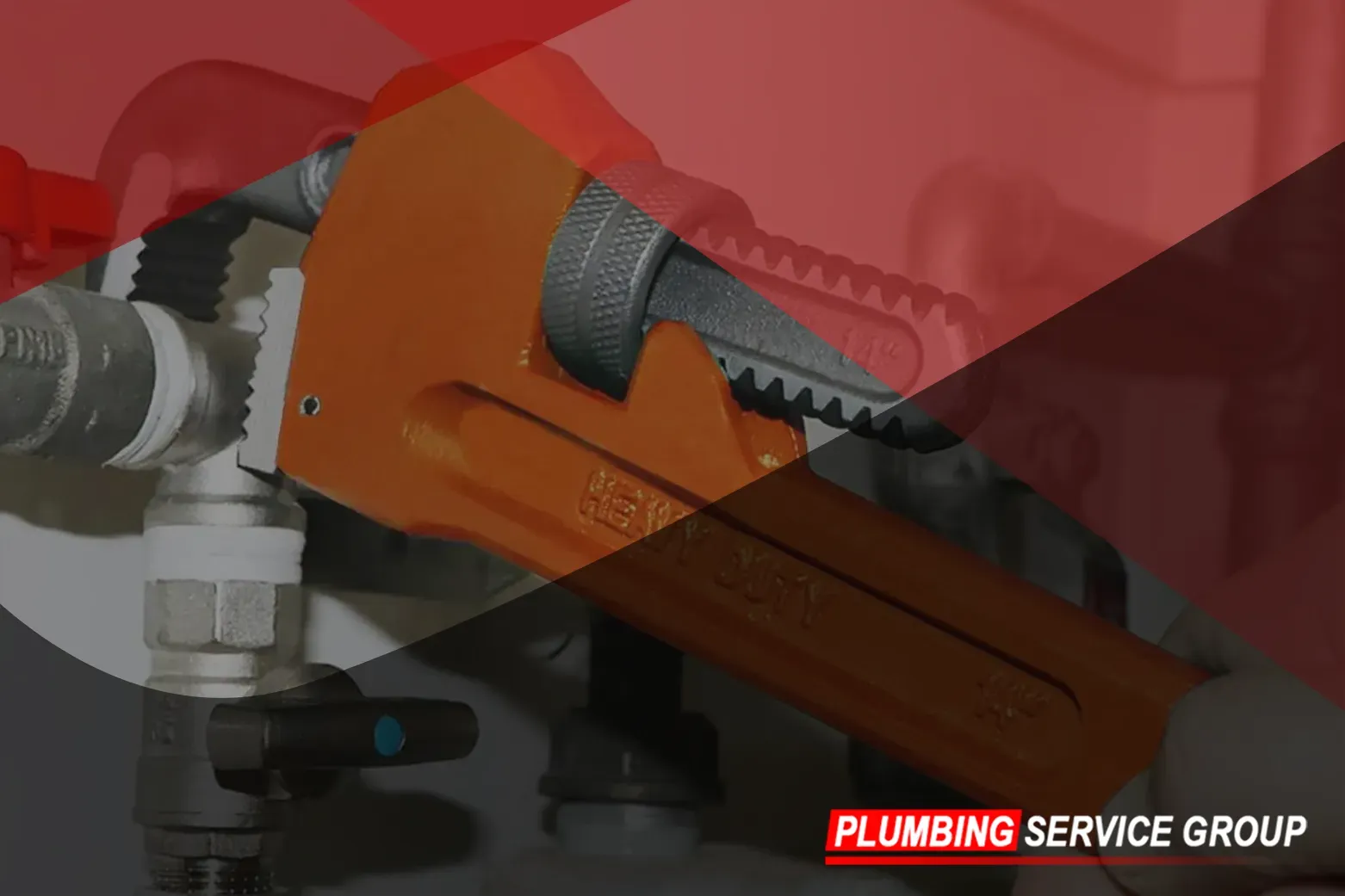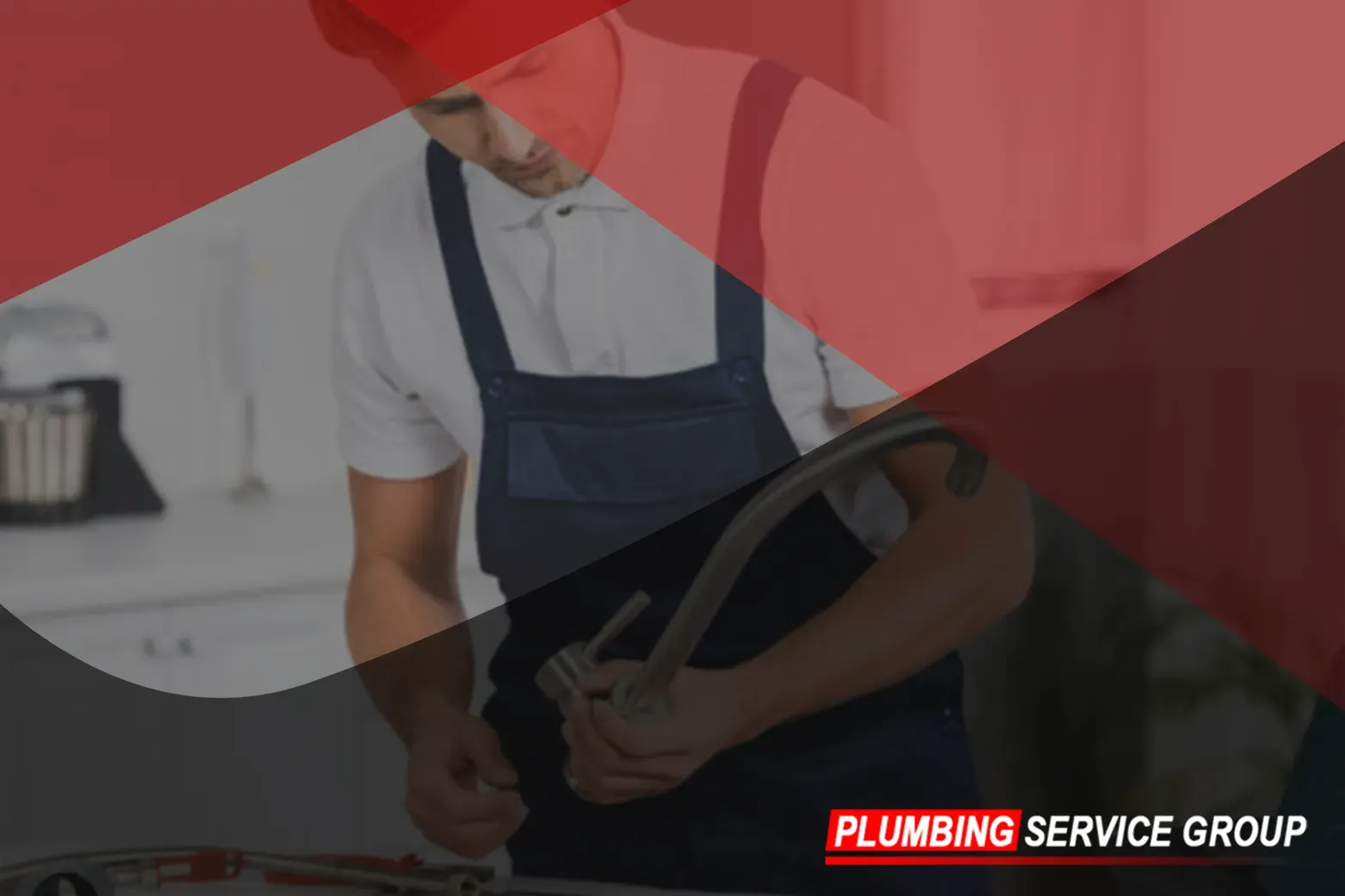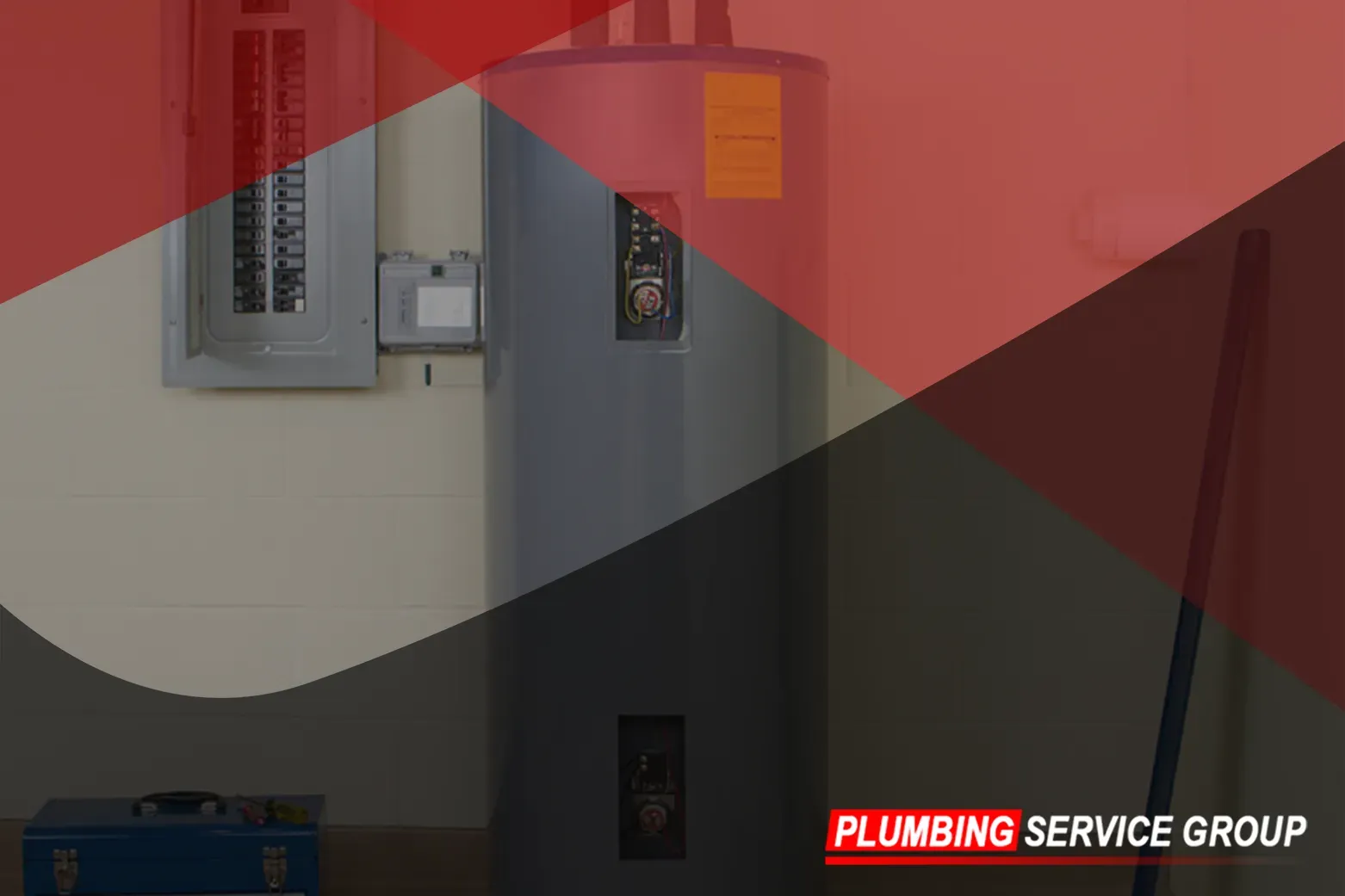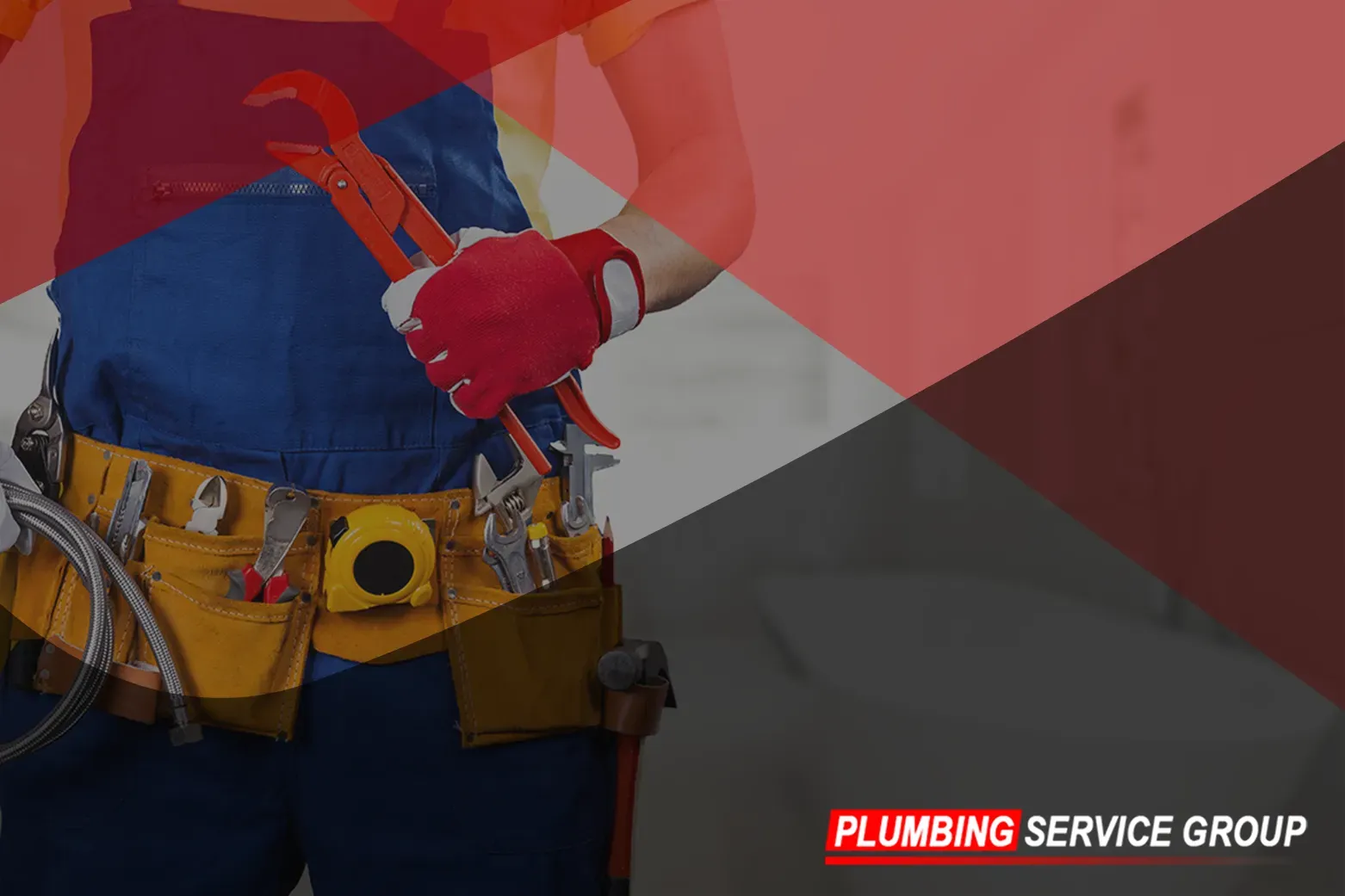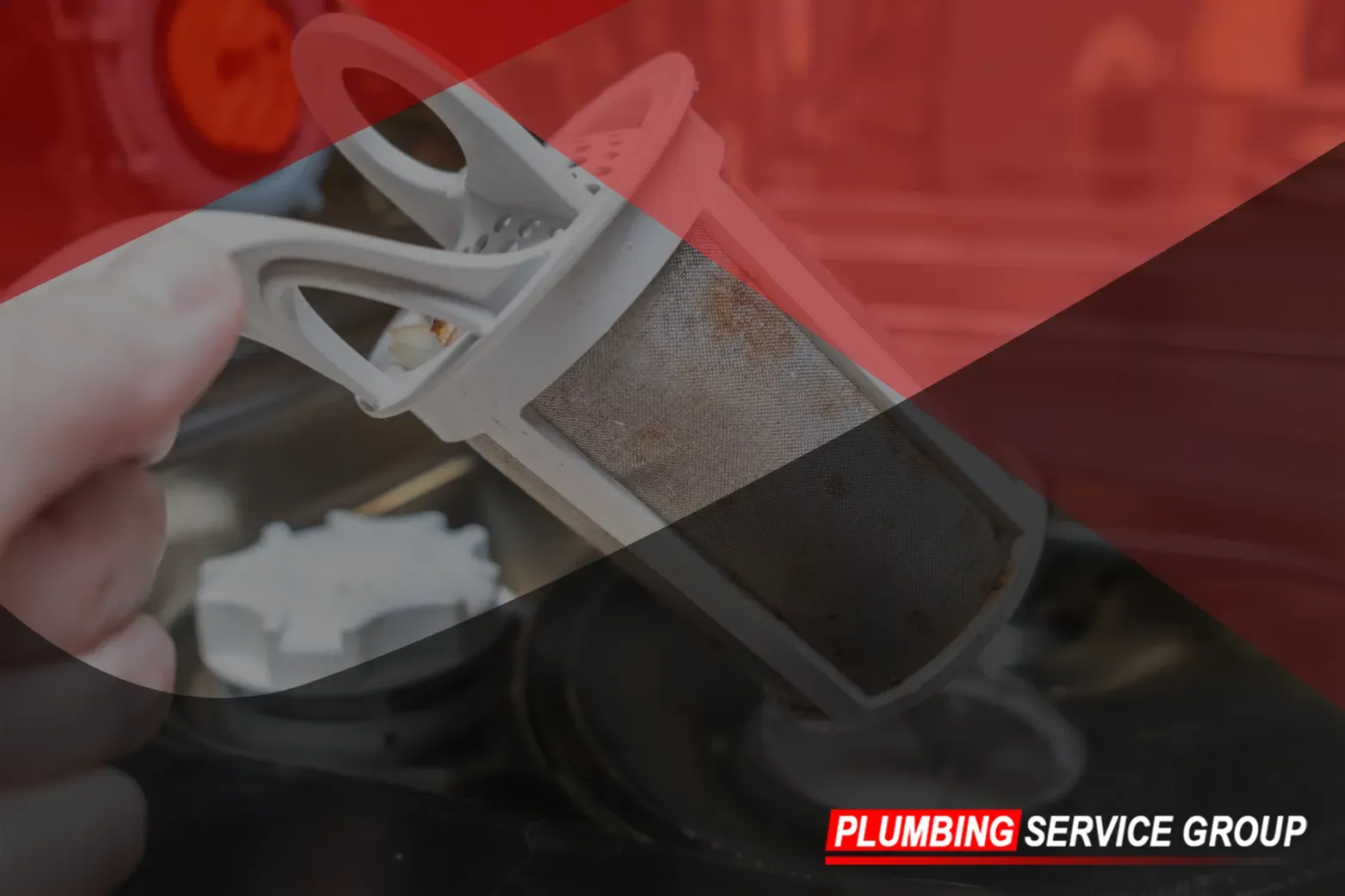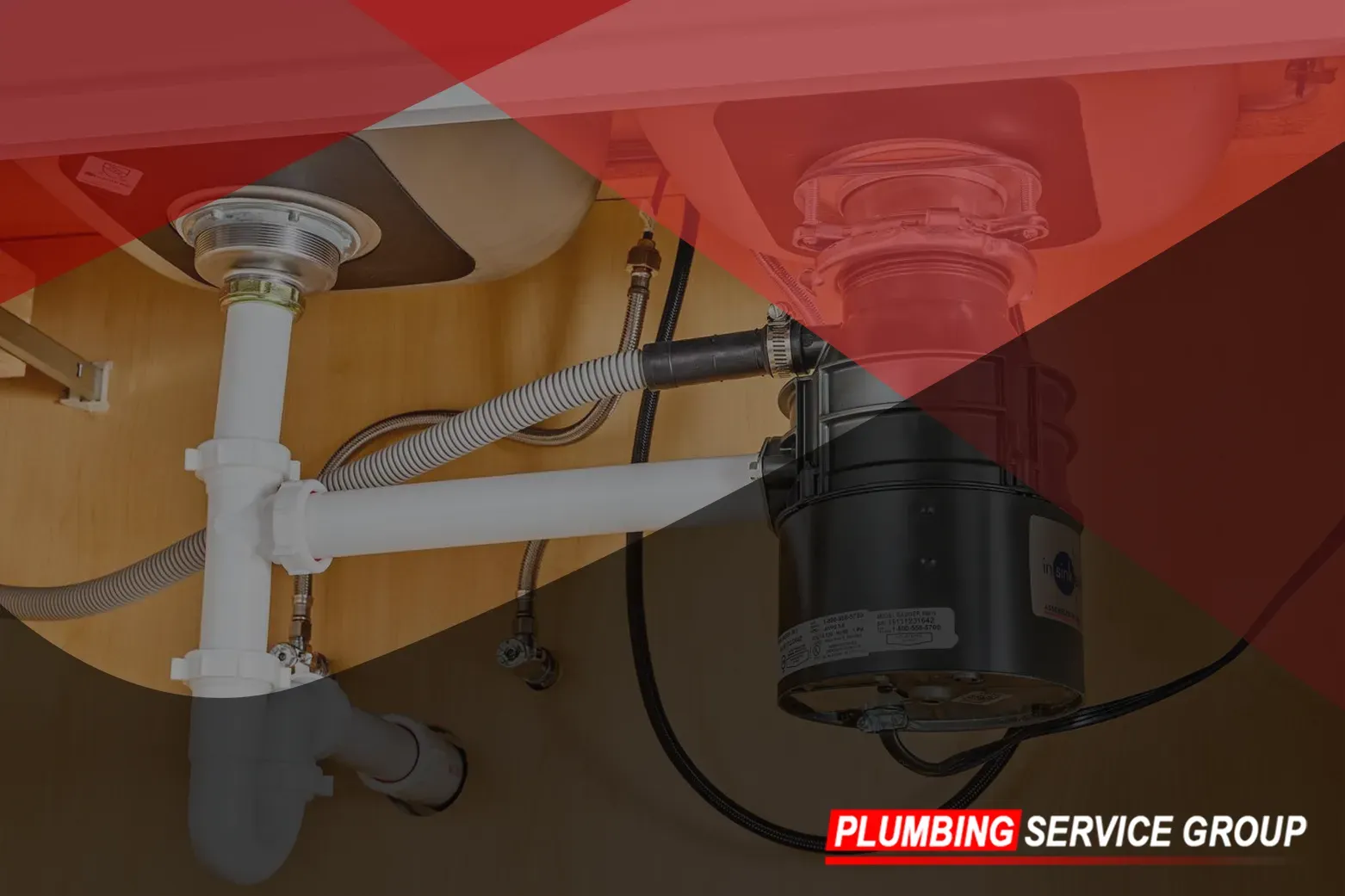What is a Pipefitter?
Have you ever wondered what exactly a pipefitter does and how it contributes to the functionality of plumbing systems? In this comprehensive guide brought to you by Plumbing Service Group, we'll delve into the world of pipefitting, exploring their role, responsibilities, and the importance of their expertise in maintaining efficient plumbing infrastructure.
Understanding the Role of a Pipefitter
A pipefitter plays a crucial role in the construction, installation, and maintenance of piping systems used in various industries, including residential, commercial, and industrial settings. Their primary responsibility involves assembling, fabricating, and repairing piping systems that transport liquids, gases, and other substances essential for everyday operations.
Key Responsibilities of a Pipefitter
- Installation: Pipefitters are responsible for installing new piping systems according to blueprints, specifications, and building codes. This involves cutting, threading, bending, and connecting pipes to ensure proper alignment and functionality.
- Fabrication: In addition to installation, pipefitters often fabricate pipes and pipe components in workshops or on-site to meet specific project requirements. This may involve welding, soldering, or brazing pipes together to create custom fittings or modifications.
- Maintenance and Repair: Pipefitters play a critical role in maintaining and repairing existing piping systems to prevent leaks, corrosion, or other issues that can compromise system integrity. They conduct routine inspections, identify potential problems, and implement timely repairs to ensure uninterrupted operation.
- Safety Compliance: Safety is paramount in the field of pipefitting. Pipefitters adhere to strict safety protocols and guidelines to prevent accidents, injuries, and damage to property. This includes proper handling of tools and equipment, use of personal protective gear, and adherence to relevant safety regulations.
Qualifications and Skills Required
Becoming a pipefitter requires a combination of formal education, on-the-job training, and specialized skills. Key qualifications and skills include:
- Technical Training: Many pipefitters undergo formal apprenticeship programs or vocational training to learn the fundamentals of pipefitting, including blueprint reading, pipe fabrication, and welding techniques.
- Hands-On Experience: Practical experience gained through apprenticeships or entry-level positions is essential for developing proficiency in pipefitting techniques and procedures.
- Mechanical Aptitude: Pipefitters must possess strong mechanical aptitude and problem-solving skills to troubleshoot issues, interpret technical drawings, and implement effective solutions.
- Attention to Detail: Precision and attention to detail are critical in pipefitting to ensure accurate measurements, proper alignment, and leak-free connections.
The Importance of Pipefitters in Plumbing Systems
Pipefitters play a vital role in the functionality and efficiency of plumbing systems across various industries. Their expertise in installing, fabricating, and maintaining piping infrastructure ensures the reliable transport of water, gas, and other essential fluids essential for everyday activities. Without skilled pipefitters, plumbing systems would be prone to leaks, inefficiencies, and potential safety hazards, highlighting the invaluable contribution of these professionals to our daily lives.
Contact Plumbing Service Group for Expert Pipefitting Services
At Plumbing Service Group, we understand the importance of skilled pipefitters in maintaining efficient plumbing systems. Our team of experienced professionals specializes in pipefitting services for residential, commercial, and industrial clients, delivering quality craftsmanship and superior results. Whether you require installation, maintenance, or repairs for your piping system, trust Plumbing Service Group to provide reliable solutions tailored to your needs. Contact us today to learn more about our comprehensive pipefitting services.

